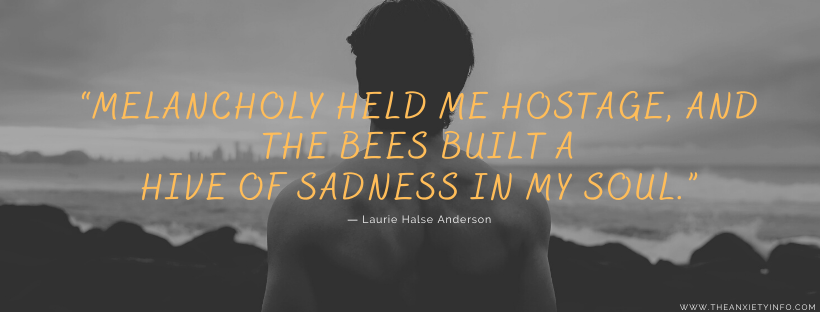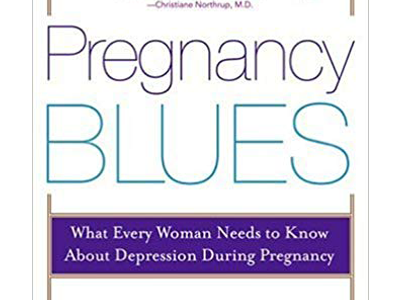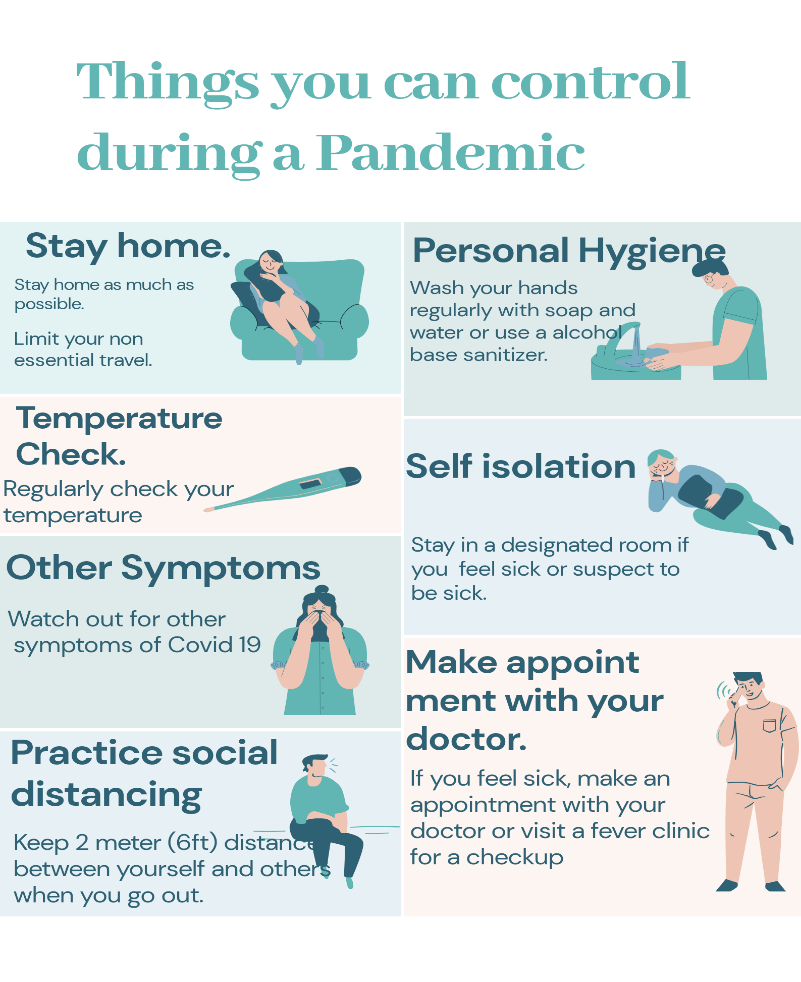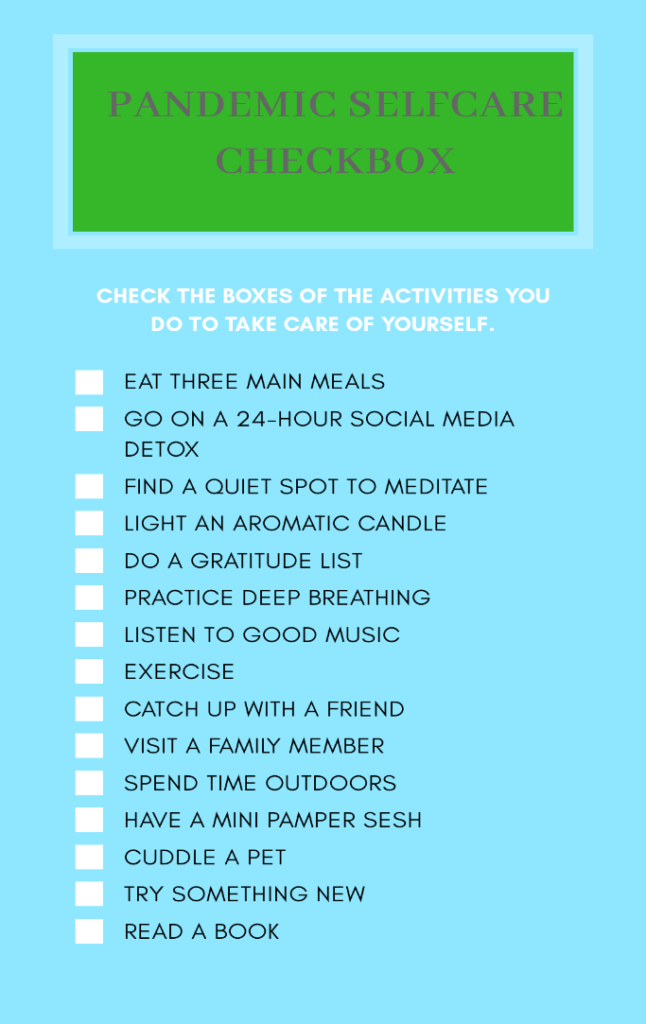Melancholic depression is a sub-type of major depressive disorder (MDD) with melancholic features. Major depressive disorder is a serious mental health condition that features persistent and strong feelings of sadness and hopelessness with melancholia being one of the indicators.
From the perspective of emotion, melancholy is dissimilar to grief and depression. It has distinguishing features of vague sadness and an unexplainable feeling of sorrow for which you are not able to determine the cause. Changing state of affairs in life allows melancholy to tiptoe in perniciously and catch you by surprise whereby you experience instants of extreme cheerlessness or strong yearning for no one or nothing in particular. You may struggle to feel any happiness, even though there are good things happening in your life.

From another standpoint, going through a melancholic phase can benefit you in some ways as it heightens mindfulness enabling your awareness of the present. It may also allow you to become more insightful and empathetic towards others. However, prolonged melancholy can have a considerable negative impact on your mental as well as physical health. Extreme sorrow can cloud your judgement and suppress logical reasoning.
What Causes Melancholia?
Melancholia is often referred to as “endogenous depression,” which means “depression that comes from within”. The condition is hereditary as in most instances, people with melancholia have a family record of mood disorders or suicides. And unlike other depression subtypes, melancholic depression is rarely associated with social and psychological factors.
Is Melancholy the same as Depression?
Melancholia is quite distinct from non-melancholic depression. When comparing to an individual with a different type of depression, the person with melancholia in general:
- Builds up symptoms at a later age
- Experiences more intense symptoms, like instead of a dull mood they are unable to sense any happiness
- Is more likely to have suicidal thoughts and anxiety
Melancholic depression can also occur in conjunction with other specifiers. For instance, melancholia is more dominant when weather temperature is low and there is no sunlight or exist with depression with psychotic features.
Features of Melancholic Depression
With melancholic features, a patient must display four of the eight symptoms mentioned below.
The two symptoms stated below are linked to each other. The patient may experience a loss of pleasure in the common activities that they once were fond of. Similarly, the patient may not have any reaction to a normally enjoyable event, it may elevate their mood a little but will quickly return to their previous negative perspective. Also to new events, the patient with melancholic depression holds the same perspective on life and has minimal or no reaction.
- Loss of pleasure in all or almost all activities
- No reaction to a normally enjoyable event
Three or more of the following is experienced during the most severe period of the present episode:
- Severely depressed mood – patients experience a severely depressed mood over time. The distinguishing features of this include unexplained sadness, despair, and a sense of loneliness. And every day, this perspective towards life remains the same which is quite distinctive to their previous attitude.
- Waking up early and unable to return to sleep, which is more than 2 hours before usual waking time.
- Sense of depression is regularly worse in the morning – bodily, the patient will show signs of weight Loss. Their overwhelming feelings of melancholy make them uninterested in life as well as in eating.
- Change in energy level – patients will normally experience one of the two changes in energy levels, either they will have a significant decrease in the level of activity, slower response time, slower movements or have faster movements, high agitation, and increased activity levels.
- Excessive or inappropriate guilt – patients with melancholic depression may also experience feelings of guilt. The distinguishing feature is the intensity of the guilt as the guilt expressed will not match the event that occurred.
Treatment of Melancholic Depression
Normally, a physician will recommend antidepressants and depending on the assessment, the physician may suggest a long-term or shot-term treatment.
Together with medication, it may be suggested to see a psychologist who can treat with cognitive behaviour therapy. This will allow the patient to discuss their difficulties and progress with new behaviour and goals. Talking can help adjust to a stressful event, replace the negative thoughts with positive ones, raise self-esteem and regain control in life.
However, if melancholic depression is severe and a challenging case, the patient may require electroconvulsive therapy (ECT). This form of therapy includes sending electrical impulses to the brain by connecting electrodes to the head.
With proper treatment and support from family and friends throughout the entire treatment, a patient with melancholic depression can make full recovery. However, after being treated it is essential to maintain a healthy lifestyle and social interaction to prevent relapses.
Non-Medical Treatments for Melancholic Depression
Below are few tips to divert you from extreme sadness and uplift your mood so that your mind and body can gradually go back to your usual self.
Colour Therapy
Different colours draw a physiological response from us. Choose colours that you are delighted with as colours can be deeply intimate and induce fond memories. You can revamp your wardrobe with happy and fun coloured clothes, paint your living space with brighter hues or get throws pillows and rugs in cheerful colours. Colours like orange, yellow and red can lift your mood and boost self-esteem, whereas blues and greens can be tranquilizing.
Journaling your Thoughts
Benefits of journaling are when you review it, that’s where you see your response in those instants and you can reflect and analyze your feelings. It can also be seen as a really good way to blow off some stream without actually getting involved in a distasteful encounter. Also important to know that journaling is very different from diary entries and to-do lists as journaling are noting down your thoughts, feelings, and reflection of a meeting or an event.
Take Vitamins and Minerals
Vitamins can assist your body to tackle the symptoms of melancholy, stress, and depression namely B-complex vitamins like B1, B2, B3, B5, B6 B12 and Vitamins C and D. These supply the body with the energy to fight stress, fatigue and assist in the creation of the happy hormones (serotonin and dopamine). Vitamin C is also essential for individuals with lower serotonin as insufficient serotonin is related to depressive mood disorders. Deficiency of minerals like calcium, magnesium, iron, zinc, potassium, and manganese can also induce depression
Avoid Negative Thought Process
Having specific thoughts that are self-focused and narrow can result in melancholy. These unsound thinking patterns can become habitual and grasp your mind and result in despair and sadness. These thoughts might include comparing yourself to others, not counting your blessings, and catastrophizing where you always think and expect the worst to happen.
How can you help a loved one with melancholia?
It can be tough to see your loved one go through melancholic depression. Below are some ways you can help support them:
- Help them get started in the morning as melancholia symptoms are the worst when a person wakes up. Assisting them with their early morning tasks will give them the strength to get through the day
- Try to ensure they eat regularly. Even though they do not feel hungry, their body still requires food.
- Avoid judgmental expressions like “snap out of it”. You have to be understanding of the fact that people with melancholia need time and professional treatment to get better.
- Do not take their mood personally as people with melancholia struggle to feel happy and it doesn’t reflect how they feel about you.
- Know when to get help. In a situation where you are certain that your loved one is about to cause self-harm you can call 911 or the suicide prevention lifeline.
Overall, melancholic depression can greatly impact a person’s relationships, occupation and health. In most severe cases, it may provoke an individual to attempt suicide. Unlike other types of depression, melancholia causes long periods of suicidal thoughts. If you or a loved one is suffering from melancholic depression, know that there is hope. Assistance from a licensed therapist with medical and non-medical treatments together with love and support from family and friends can help you recover from melancholic depression.






